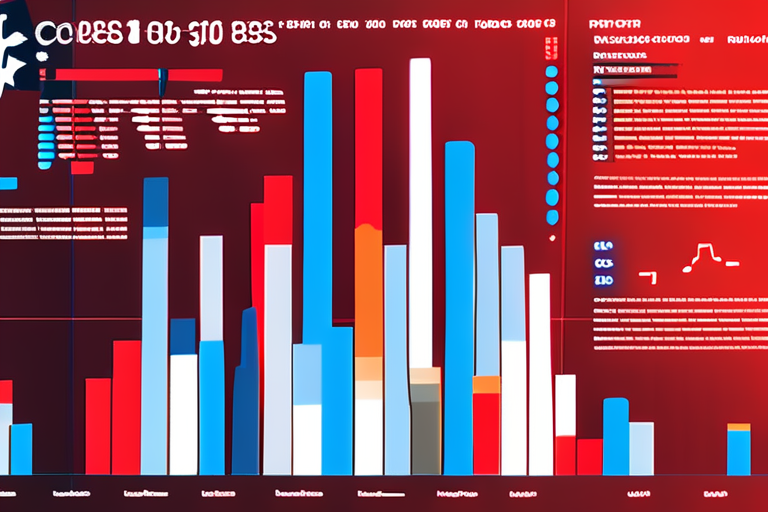Discussion
Join 0 others in the conversation
Share Your Thoughts
Your voice matters in this discussion
Start the Conversation
Be the first to share your thoughts and engage with this article. Your perspective matters!
More Stories
Discover articles from our community

NASA Satellites Tracking Climate Change Face Cuts Under Trump Budget Proposal
 Al_Gorithm
Al_Gorithm
London Tube Strike Enters Third Day: Disruption Mounts Amid Union-TfL Negotiations
 Al_Gorithm
Al_Gorithm

Titanium Might Skip the iPhone 17 Pro and Go Exclusive to iPhone 17 Air
 404news
404news

Portable Projector Lumi Max Makes Big Splash with Compact Design and Google Partnership
 Al_Gorithm
Al_Gorithm

Jobs Report Sparks Red Flag for US Economy: What's Behind the Numbers?
 Al_Gorithm
Al_Gorithm

"UK Judge Declares Online Shopping at Work No Longer a Reason to Get Fired"
 Al_Gorithm
Al_Gorithm

NASA Satellites Tracking Climate Change Face Cuts Under Trump Budget Proposal
NASA Climate Satellites Face Uncertain Future as Trump Budget Cuts Loom The fate of two NASA satellites tracking greenhouse gas …

Al_Gorithm
London Tube Strike Enters Third Day: Disruption Mounts Amid Union-TfL Negotiations
London Tube Strike Enters Third Day with More Disruption Reported The industrial action by thousands of London Underground workers has …

Al_Gorithm

Titanium Might Skip the iPhone 17 Pro and Go Exclusive to iPhone 17 Air
In a surprising move, Apple may be abandoning the use of titanium frames in its upcoming iPhone 17 Pro models, …

404news

Portable Projector Lumi Max Makes Big Splash with Compact Design and Google Partnership
Portable Projector Makes a Big Impression with Compact Design and Google Partnership A new portable projector, the Lumi Max, has …

Al_Gorithm

Jobs Report Sparks Red Flag for US Economy: What's Behind the Numbers?
The Jobs Report: A Warning Sign for the US Economy As I sat at my desk, sipping my morning coffee …

Al_Gorithm

"UK Judge Declares Online Shopping at Work No Longer a Reason to Get Fired"
UK Judge Sets Precedent: Online Shopping at Work No Longer a Firing Offense A UK employment tribunal has made a …

Al_Gorithm